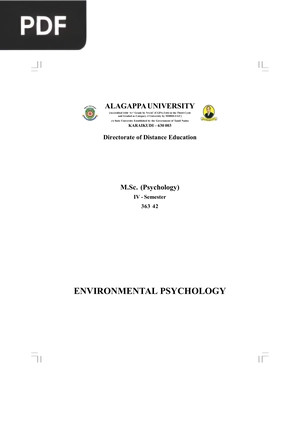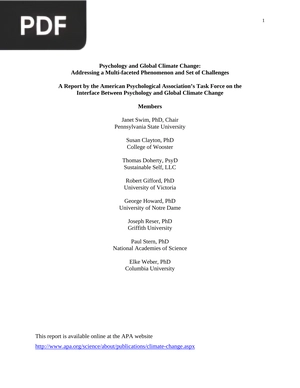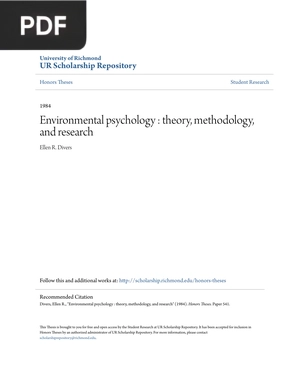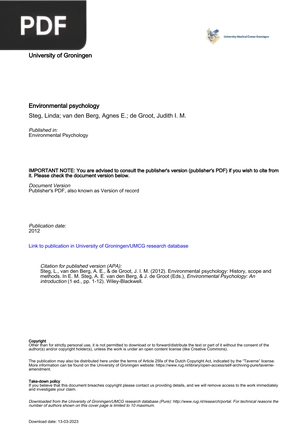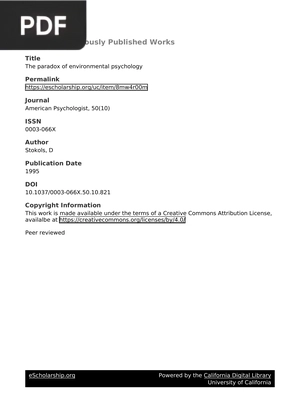Psychology of Environmental Protection
Author: Karen Hamann, Anna Baumann, Daniel Löschinger
*Wait a few seconds for the document to load, the time may vary depending on your internet connection. If you prefer, you can download the file by clicking on the link below.
Document Sheet
Title: Psychology of Environmental Protection
Author: Karen Hamann, Anna Baumann, Daniel Löschinger
Pages: 136
File size: 3.84 MB
Format: PDF


